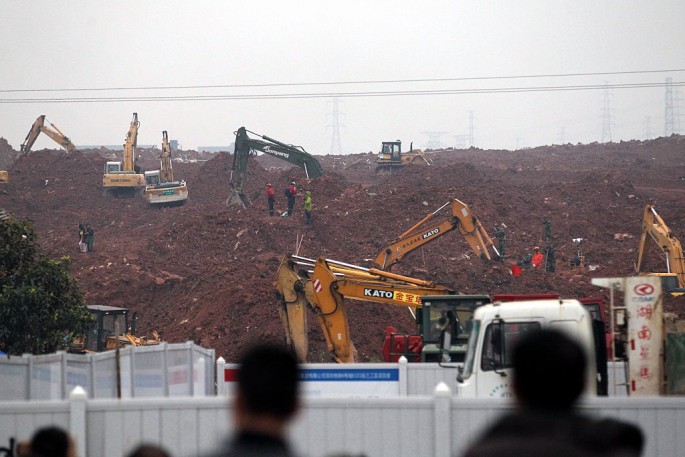Shenzhen announced plans to set aside 15 billion yuan ($2.2 billion) to fund public safety improvements, according to a report by China Daily. The initiative is part of the city's overall plan to transform Shenzhen into a modern, international city.
Years of rapid economic development have transformed Guangdong Province's Shenzhen into an industrial center, but challenges surround the city from every corner.
Two of the major issues the local government is concerned with are new waste from new building developments and the city's subway network.
According to a government work report, local government officials have committed to perform public safety checks in order to remove potential hazards like landfills and dumped construction waste.
"We'll make efforts to deal with the 'diseases affecting the city' and enhance our ability to ensure public safety based on precise management," Shenzhen Mayor Xu Qin promised at the opening of the yearly local legislative session held on Sunday, Jan. 31.
Aside from creating a modern Shenzhen, the billion-yuan fund will also help the city avoid accidents such as the Dec. 20 landslide. The landslide was triggered by the illegal dumping of construction waste. Over 70 people were killed by the landslide, with 33 buildings damaged or destroyed.
"With the acceleration of the urbanization process, construction waste has become a hidden danger, as evidenced by the landslide in Guangming New District in December," said Zhang Yuqiang from the Shenzhen Committee of the Chinese People's Political Consultative Conference in an interview with China Daily.
There are several issues in the city that need to be addressed immediately, with Zhang adding that the "root cause lies with regulation."
For example, several property companies have started large-scale construction of underground parking as a means of bypassing tight controls imposed by the government.
"Many developers are choosing to expand underground parking areas, which results in a large amount of construction waste," Zhang said.
To address the problem, Zhang calls on the local government to encourage the construction of above-ground parking, an option that's more inexpensive and environmentally friendly.
Li Zhen, a Shenzhen CPPCC member, also encourages the government to work with social organizations to help improve urban management.



























